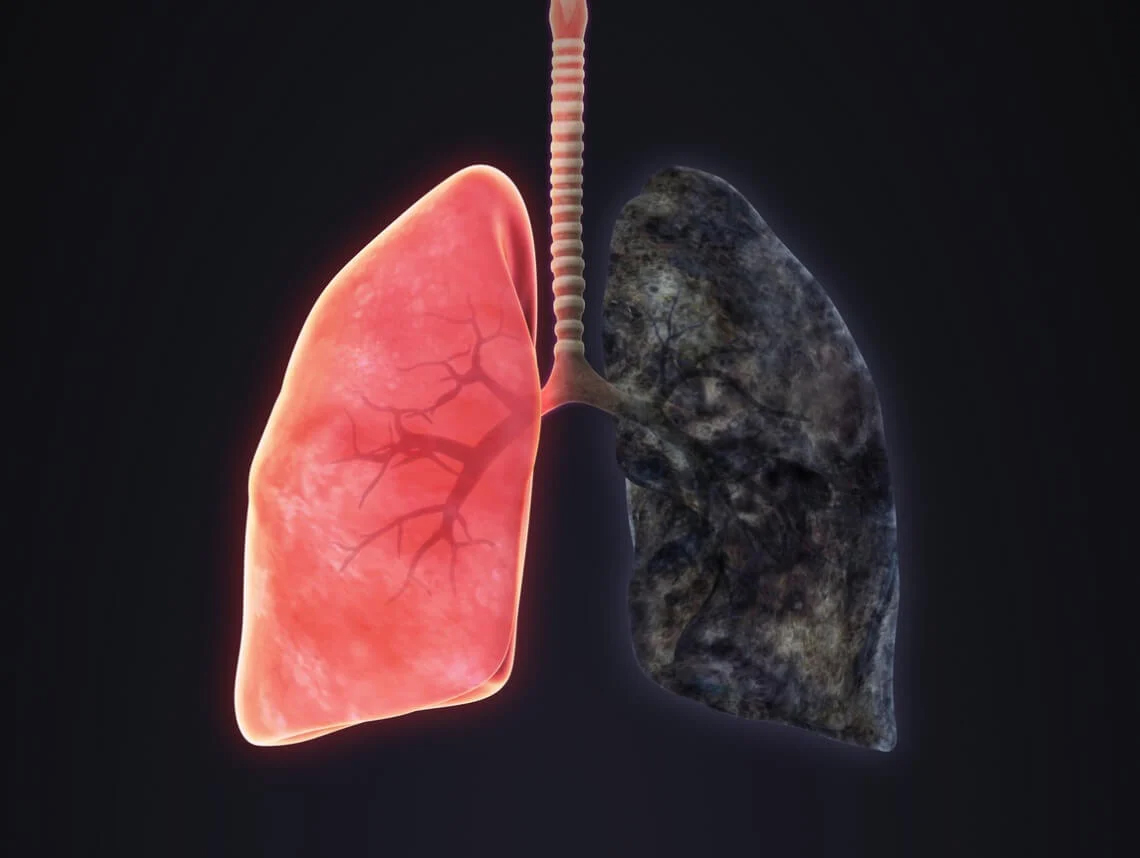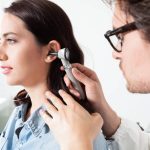
Key facts
- Emphysema is one of a group of lung conditions known as chronic obstructive pulmonary disease (COPD).
- It causes shortness of breath that gets worse and affects more of your daily activities over time.
- It is most often caused by smoking.
- Quitting smoking is the best way to slow down the worsening of your symptoms.
- Emphysema can be managed with inhaled medicines and a pulmonary rehabilitation program.
What is emphysema?
Emphysema is a long-term lung condition. It is one of several lung conditions that, as a group, are known as chronic obstructive pulmonary disease (COPD).
Your lungs are made up of many little air sacs, called alveoli. In people with emphysema, the walls of the alveoli are damaged. This causes the small airways in your lungs to collapse when you breathe out. This makes it hard for air to flow into your lungs and even harder for it to flow out.
The damage also makes the alveoli become bigger and less elastic. Over time, your lung tissue becomes stiff and cannot take oxygen into your body as effectively.
Subcutaneous emphysema
You may have heard the term ‘subcutaneous emphysema’. This refers to air getting in under your skin, making it feel crackly when you press on it. It is not necessarily related to lung emphysema.
What are the symptoms of emphysema?
The symptoms of emphysema depend on how severe the underlying lung damage has become.
People with emphysema are often short of breath. As the damage progresses, the periods of breathlessness become more frequent. It becomes harder to do everyday activities or to exercise. Your breathing becomes easier when you rest. Eventually you might become short of breath even after very little physical activity.
People with emphysema may also have:
- a persistent cough
- phlegm
- wheezing
- weight loss
- muscle weakness
At times, your symptoms may get worse suddenly. This is known as an exacerbation of COPD. Exacerbations are often caused by respiratory (lung) infections.
What causes emphysema?
The most common cause of emphysema is smoking. One in every 4 or 5 people who smoke will develop COPD. You are still at risk if you have smoked in the past.
A very small number of people get emphysema because they inherited a faulty gene. This is called alpha-1 antitrypsin deficiency. It means they are missing a protein that normally helps to keep the air sacs of the lungs healthy.
Other causes of emphysema include:
- passive smoking — including if your parents smoked when you were young
- exposure to industrial dust and chemicals
- exposure to air pollution
Whatever the cause, smoking makes emphysema worse.
When should I see my doctor?
See your doctor if you have symptoms or an exacerbation of COPD, such as:
- shortness of breath or cough that is worse than usual
- more or thicker phlegm than usual
- getting tired more easily
- fever
It’s also important to see your doctor if you have swelling of your feet and legs. This can be a sign of a heart problem.
How is emphysema diagnosed?
Most people with emphysema are diagnosed after age 45 years, although if you have a faulty gene, you may be diagnosed earlier.
Your doctor can diagnose emphysema by talking to you, examining you and doing a breathing test called spirometry, which measures how well your lungs work.
They may also arrange:
- blood tests
- a chest x-ray
- a blood test from an artery to check your oxygen levels
- further breathing tests, called lung function tests
- a CT scan of your lungs
- an ECG (electrocardiogram) or echocardiogram to look at your heart
How is emphysema managed?
The damage to your lungs caused by emphysema cannot be reversed, but many treatments can help manage your symptoms and improve your quality of life. These treatments improve the flow of air in your lungs and prevent complications.
The type of treatment depends on how severely emphysema is affecting your health and your ability to do things.
Quitting smoking is the best treatment to slow the worsening of emphysema symptoms.
If you have emphysema, inhaled medicines can help open up your airways and reduce inflammation. You may need antibiotics if you have a chest infection.
It’s very helpful to participate in a pulmonary (lung) rehabilitation program, which provides exercises and education to help you manage your breathlessness. It may help you with:
- exercises to increase your physical abilities
- breathing techniques
- how to use medicines correctly
- how to save your physical energy
In more severe cases, people with emphysema may need to breathe oxygen from a portable cylinder. Very occasionally, surgery can be useful.
Other things you can do to manage emphysema include:
- eating a balanced diet
- maintaining a healthy weight
- getting enough rest
- exercising regularly
- avoiding air pollution and other people’s smoke
- getting vaccinated against the flu and pneumococcal pneumonia
- having regular check-ups with your doctor
Can emphysema be prevented?
The best way to prevent emphysema is to quit smoking.
You can also prevent emphysema by:
- being physically active
- using personal protective equipment (such as masks) if you are exposed to dust or chemicals at work
What are the complications of emphysema?
Emphysema can make you more likely to develop:
- respiratory (lung) infections
- heart failure and ischaemic heart disease
- osteoporosis and fractures
- anxiety and depression
- lung cancer
- gastro-oesophageal reflux
- type 2 diabetes
COPD is the fifth most common cause of death in Australia.


